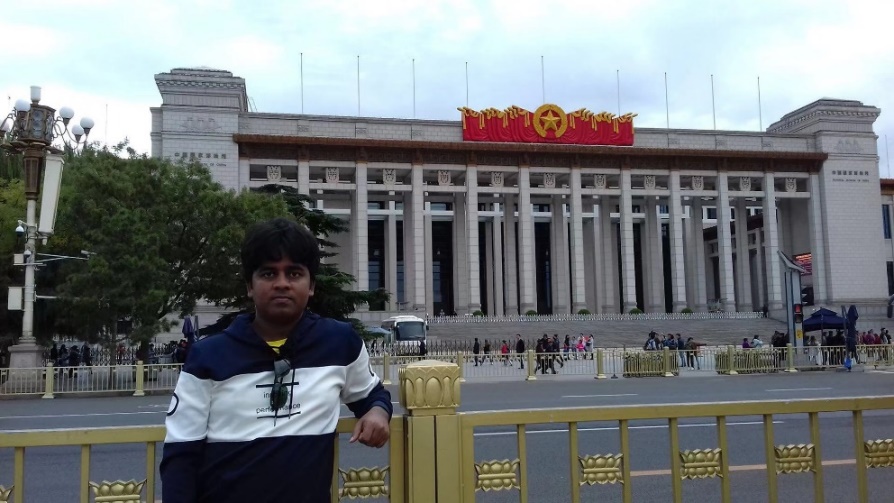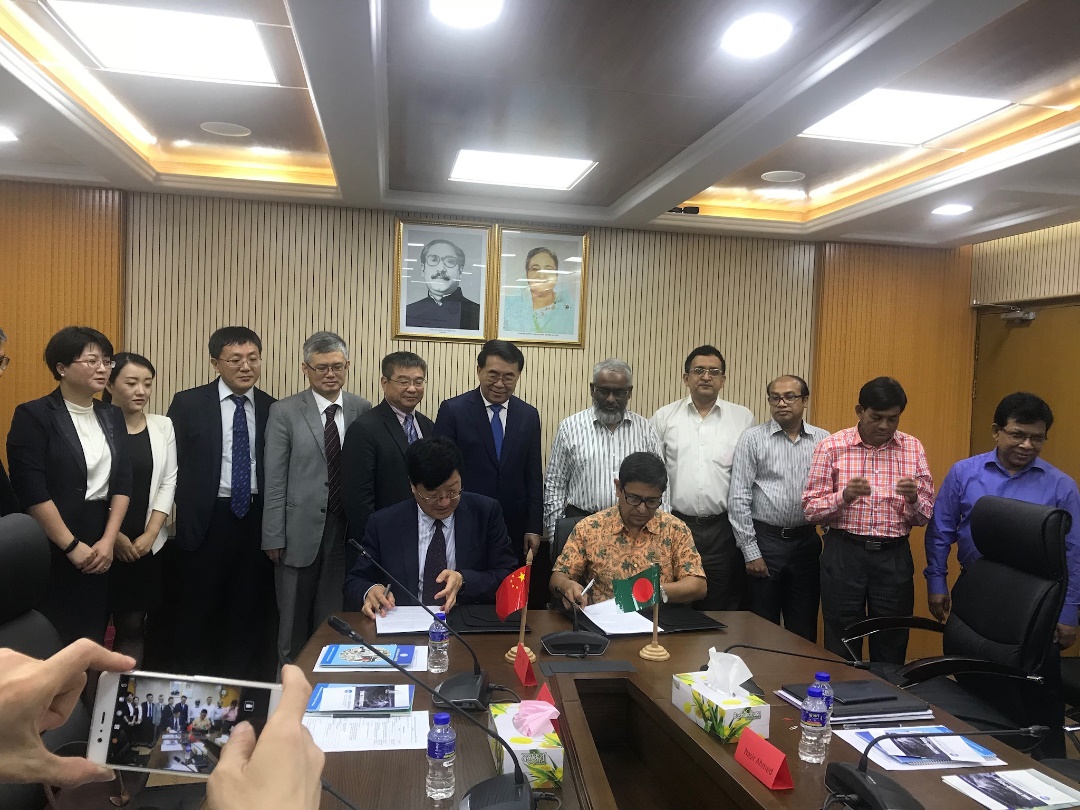| News |
| Latest news | |
| Int’l Cooperation activities | |
| Events & Announcement | |
| Recent Activities |
| Location: Home>News>Recent Activities |
| 【B&R】Save Lives with Science Together |
On the early morning of March 26, 2018, Mohammad Rubaiat Islam paced back and forth in the VIP Lounge of the Hazrat Shahjalal International Airport, Dhaka. He was part of the delegation there to welcome Prof. BAI Chunli, the President of Chinese Academy of Sciences (CAS) to Bangladesh. Prof. BAI had been invited to witness the signing of a new MoU between the Institute of Tibetan Plateau, Chinese Academy of Sciences (ITPCAS) and the Bangladesh Atomic Energy Commission (BAEC). Rubaiat, a Bangladesh master student at ITPCAS, joined the delegation as the beneficent of and future contributor to the scientific bond between China and Bangladesh. For him, this renewed commitment means another joint step taken by the two countries to save lives with science. Before coming to China, Rubaiat worked as a remote sensing specialist for over two years at the Bangladesh Meteorological Department (BMD). He has a special motivation to study the highly dynamic climate system: “I have seen some of the deadliest cyclones of our time that cost thousands of valuable lives along with an enormous amount of property damage due to the absence of an improved early warning system. I would like to study processes like these so that I can contribute to the betterment of my country and my countrymen. “
Ru Bai Yat (Photo provided by Rubaiat) His wishes are answered.
The Signing Ceremony (Photo by Rubaiat) With the MoU, observation equipment has been sent from China to Bangladesh for joint collection of data on water vapor stable isotopes; plans have been made to step up scientific exchanges between the two countries, which will enable more young scientists like Rubaiat to study in China for the improvement of scientific research in Bangladesh. |


